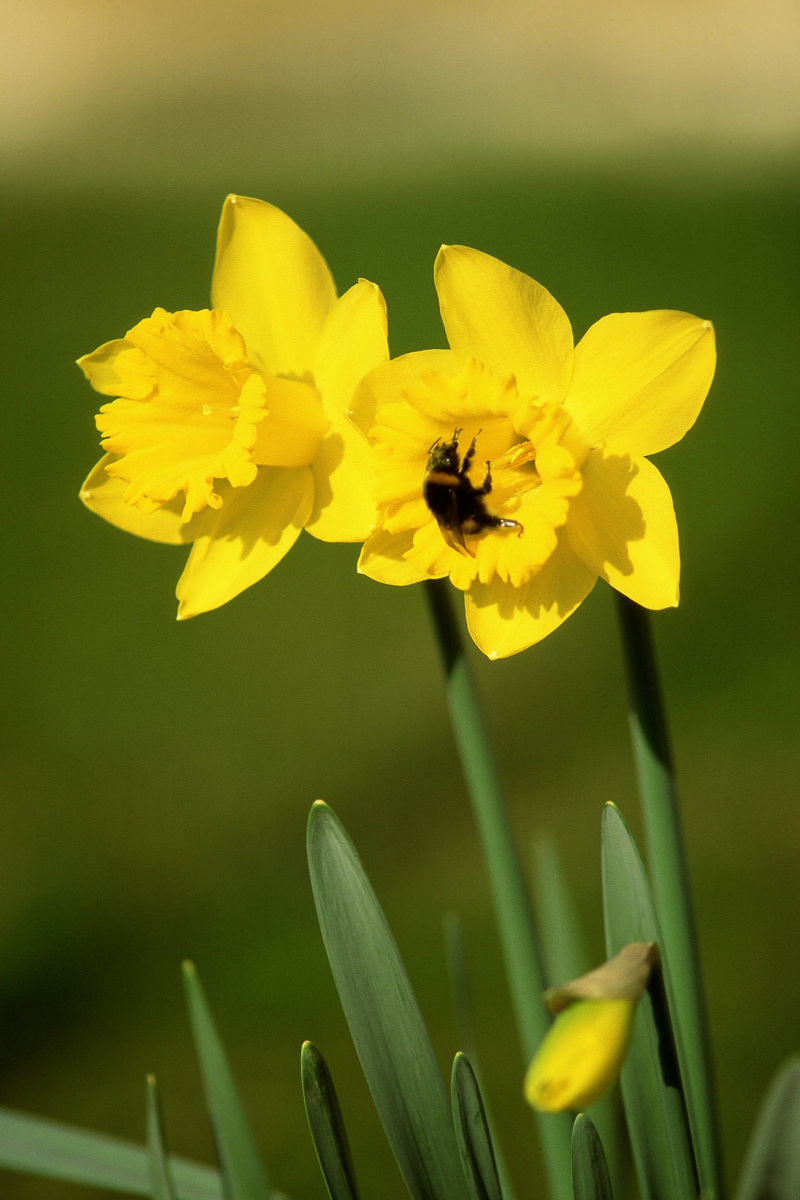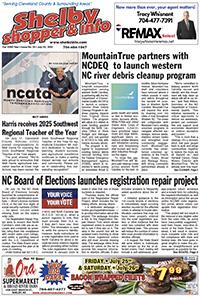| Extension Master GardenerSM Association of Cleveland County invites community to participate in Great Southewast Pollinator Census August 23-24 |
|
 The Extension Master Gardener SM Association of Cleveland County invites the community to participate in the Great Southeast Pollinator Census on August 23-24.
Participating is easy, and anyone can do it. Pick a spot in your garden, yard, local park or other outdoor location. Choose a pollinator plant to observe, any blooming plant that has insect activity. Spend 15 minutes observing the plant and count and categorize the insects that land on it. The community can also join members of the local Master Gardener volunteers at the Foothills Farmers' Market in Shelby on Saturday, August 24 to participate.
Links to a counting sheet and a pamphlet with the categories can be accessed on the Great Southeast Pollinator Census website at gsepc.org. This site is also where participants will upload their counts.
"Scientists estimate that pollinators are responsible for one in three bites of the food humans eat," said Joe Bothel, an Extension Master Gardener volunteer in Cleveland County, "but pollinators are declining. The main causes are habitat loss, pesticide use, and for honeybees it's disease." He added that in the United States pollination is valued at nearly $20 billion annually.
According to the N.C. State Extension Master Gardener volunteers' website, the pollinator census project is a "citizen science project that invites community members of all ages to observe and count pollinator activity in their yards and neighborhoods." The data collected provides information on pollinator populations and diversity.
The project was started by a University of Georgia Extension specialist in 2017. North Carolina joined the effort last year through the efforts of extension experts from NC State and NC A&T State University. Last year in North Carolina, more than 200 volunteers in 39 counties participated.
"Pollinators are essential for our way of life," said Bothel, "and we need to do what we can to protect them."
For more information on the Great Southeast Pollinator Census and how to participate, visit gsepc.org. |
|
Printer-friendly format
|
|






